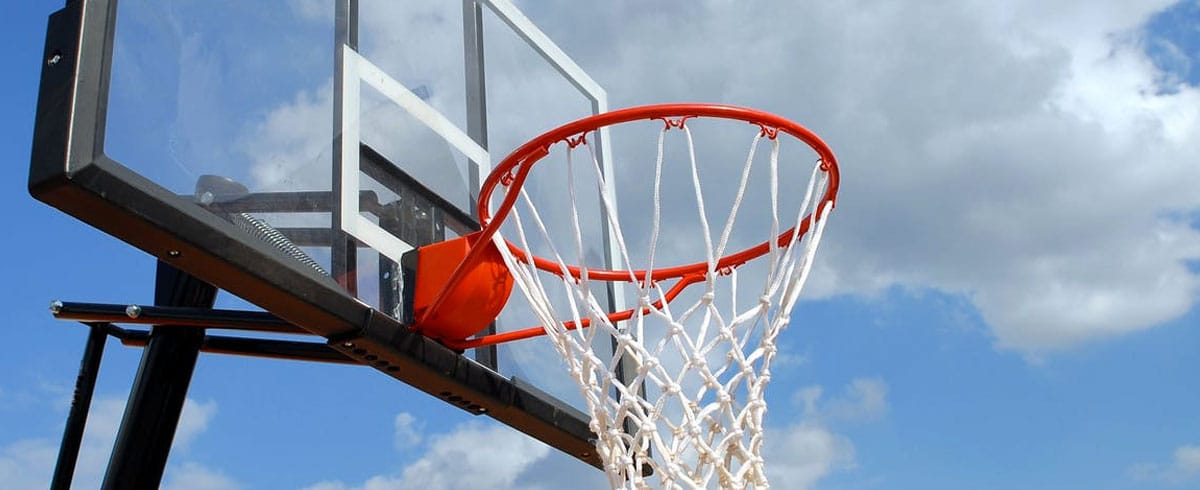Why Quitting Duke Basketball Strokes The Wrong Key For Top NBA Prospect

College basketball’s most concerning headline this week is far deeper than the one-and-done conversation that typically is generated when the NCAA’s best players spend a little more than one semester as a full-fledged student-athlete. That topic has already been debated ad nauseam, so I won’t address the elephant in that room. Instead, my concern is with the piano in the corner of the room. We all have either owned or seen that piano—it still haunts some of us. The piano that is now out-of-tune and collecting dust because the visions of playing Beethoven on a grand stage met the reality of only being able to play “Chopsticks” in front of grinning grandparents. It became furniture-by-default once the lesson plans intensified, the material became more challenging, and the instant gratification of applause became more and more fleeting.
Full disclosure: I’m a huge fan of Duke head coach Mike Krzyzewski and my favorite Christmas gift the last few years has been the opportunity to go play in his “Old Man” basketball camp on campus. With five national championships and 67 NBA Draft picks under Coach K, Duke University has long played a winning soundtrack for college basketball. Duke has had at least one player drafted after 33 of the last 40 college basketball seasons. Yet, this week the Blue Devils have been treated like the piano and abandoned after its prized recruit decided to stop playing with less than a month left in the season.
At 6-foot-8, 215 pounds, Jalen Johnson was highly coveted by the college basketball elites. He seemed motivated to spend his one year at Duke dazzling the nation with the kind of talent that ranked him 13th best in his high school class. Yet nearly two months after his 19th birthday–after playing in just 13 games–the melody changed with Johnson leaving the program “in preparation for the NBA Draft.”
He has been largely criticized for quitting on his team after posting lackluster stats. I find it hard to believe that his NBA Draft stock improves when there’s now a paper trail of a letdown. Just imagine how that Duke locker room feels. Then ask what franchise and future teammates will happily have your back if they have zero belief that you’re NOT going to have theirs in moments of challenge and discomfort? Sadly, the concept of walking away with no accountability has become excusable.
Before we pass it off as a Gen-Z crisis, let’s not classify this as an indictment on today’s youth.
I remember using this same space to rip football coach Bobby Petrino when he quit 13 games into a losing season with the Atlanta Falcons and announced he would then coach at the University of Arkansas. Petrino notified the players by leaving a laminated note in each locker.
Sure, many will justify both decisions as worthy pursuits of greener pastures, but to me, they are prime examples of what not to do. If you’re part of an organization with a clear timeline of critical expectations—a defined season—you owe it to yourself and the organization to FINISH.
Imagine the horrible predicament you put a tax preparation company in if you tender your resignation on April 10th. Just imagine being part of a sales organization and the bind you put them in should you quit two weeks before the end of the quarter. I encourage you to be the type of employee who does not clear out your cubicle the weekend before the big presentation. I encourage you to be the leader who helps lead a company into a new fiscal year rather than one who parachutes before the fourth-quarter numbers are tallied. Whether you call it a matter of professional courtesy or just plain integrity, there is value in striving to leave a place better than when you arrived.
Zion Williamson and Kyrie Irving are, without question, the most buzzworthy names from Duke in the past decade. Both were drafted number one overall in their respective years—Zion in 2019 and Kyrie in 2011. Both players saw significant portions of their only season at Duke lost to injury. Both players also spurned advice from agents and national media influencers by stepping back onto the court, playing for the team, and finishing the season respectably.
This year’s rendition strikes a leadership chord few people will forget when considering Johnson’s NBA future. I have no doubt the questions about his departure will sound like a broken record. I also have no doubt Duke will dust off the piano and begin teaching a new set of highly touted prospects, hoping they end on a better note.

